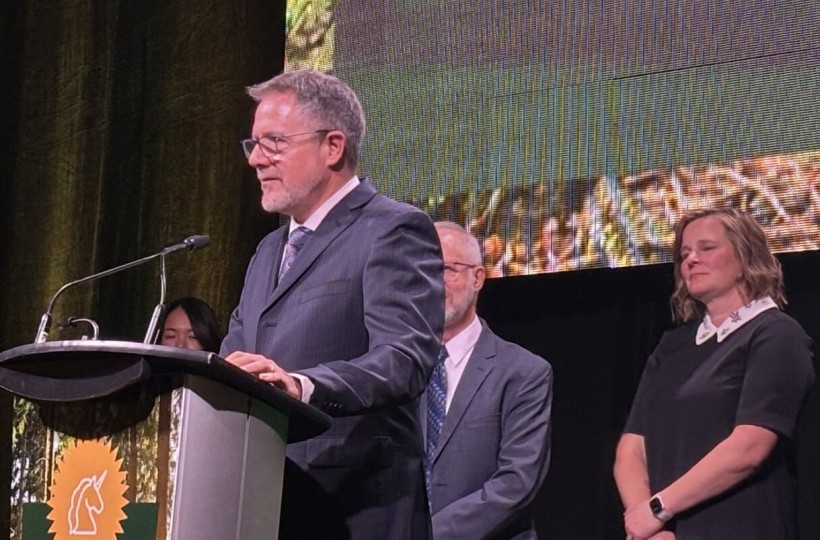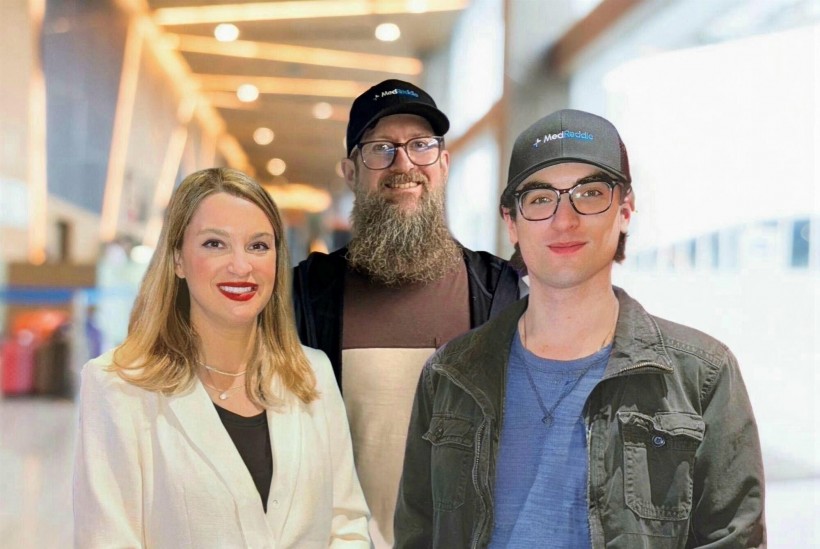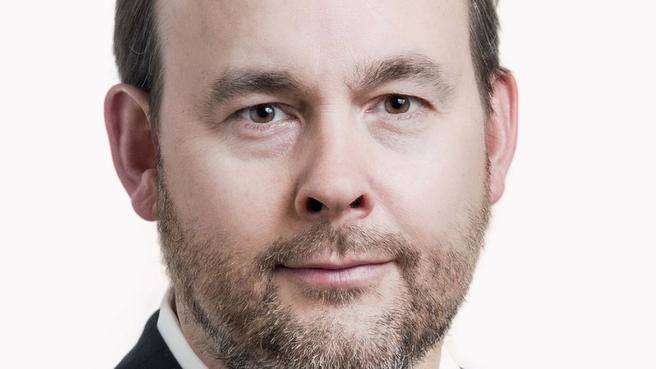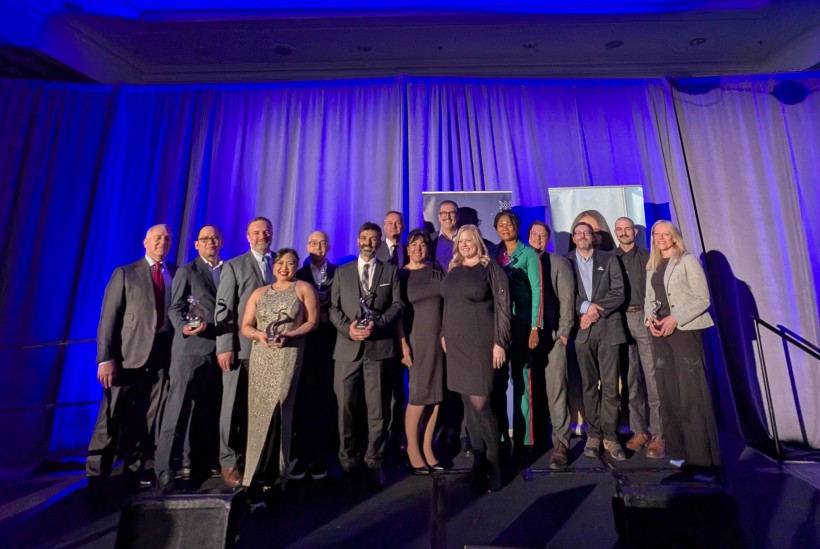Gregg Curwin has stepped down as CEO of AgTech company TruLeaf Sustainable Agriculture, paving the way for McCain Foods to steward the company through a phase of expected “exponential” growth.
In an interview last week, Curwin said it was his decision to step down and he did so with the full support of the TruLeaf board and major investors. All decided the company’s ambition and the complexity of its machine learning-driven vertical farms required a larger management team and access to more capital. Curwin left the post late last month.
Halifax-based TruLeaf aims to be the North American leader in vertical farming, which combines hydroponic technology, LED lighting and reclaimed rainwater with machine learning to produce vegetables year-round indoors. Vertical farming is nearly 30 times more efficient than traditional agriculture, uses as much as 95 percent less water, and takes up less land.
“Startups are like kids – they’re your baby, and with that comes a lot of hard work, cost and emotional attachment,” said Curwin in the interview. “But . . . as founders, it’s prudent to understand when to let go.”
Having taken on investment over the years, TruLeaf now has four major shareholders, none of which has a majority stake. McCain Foods invested an undisclosed amount in TruLeaf earlier this year, and will now manage the company. As well as Curwin, the other major shareholders are Toronto-based investors Mike Durland and Jeff Watson. Innovacorp, the early-stage venture capital agency owned by the Nova Scotia government, is also a small investor.
Atlantic Canada Needs Recognition for its Scaling Companies.
Curwin described the decision to step down as the hardest of his life and it is coming at a critical time for the company. TruLeaf plans next month to open its $16 million plant in Guelph, Ont., which will supply its Goodleaf Farms brand produce to the Toronto market.
The company already has a farm in Truro, NS, which produces greens for the Maritime market and is experimenting using machine learning to optimize nutrition, taste and growing times.
But the Guelph plant will be far more sophisticated, with more sensors and a greater capacity for its systems to learn from the data it collects.
The next step for TruLeaf is to open farms in Montreal and the Prairies with the eventual goal of becoming the largest indoor farm operator in North America. Calling the projected growth rate “exponential”, Curwin admitted such ambitions will require a lot of capital but did not go into how much money is needed.
Curwin has been working for nine years on TruLeaf, and said that by the end of his run he was “physically, mentally and creatively spent.” He will continue to sit on the TruLeaf board and serve as an adviser, but otherwise will take some time off before getting involved with other endeavors.
Looking back on his time with the company, he noted several social and economic factors combined to propel the company forward. TruLeaf’s low-energy, local production of greens meets the demands of buy local, environmental and pro-nutrition movements.
Said Curwin: “I never imagined in my wildest dreams that we’d have this perfect storm.”










